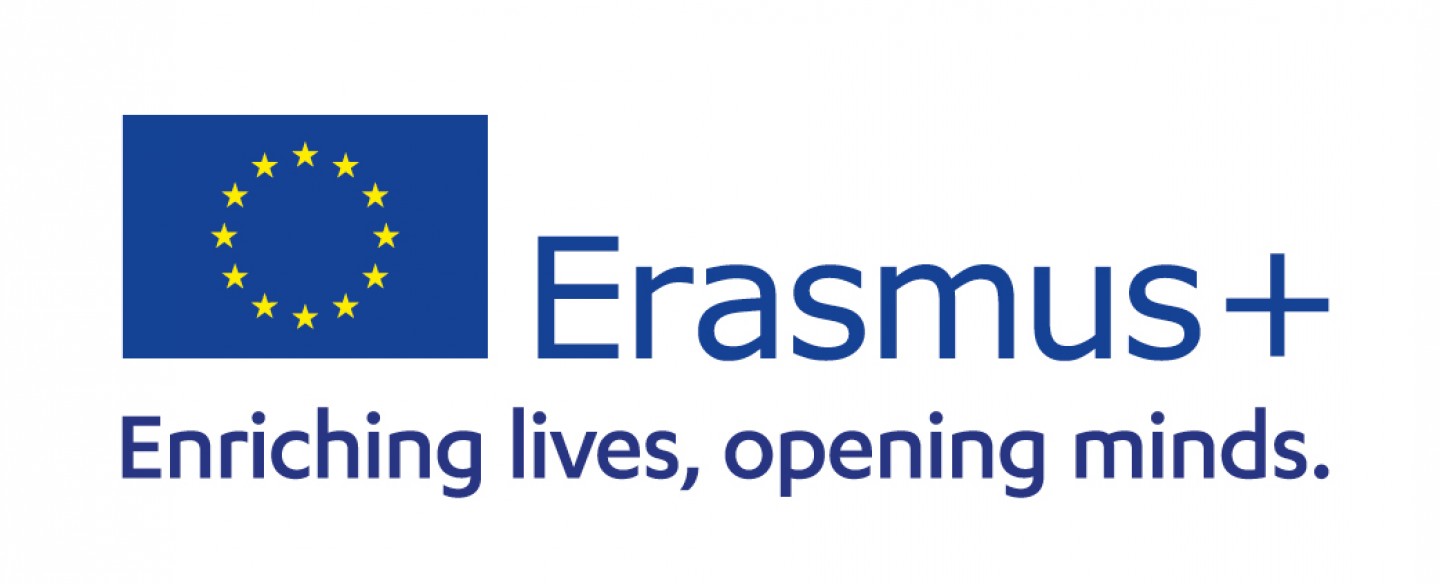For latest expat news; follow our Facebook, Instagram, LinkedIn, YouTube, Telegram and Twitter pages.
EU Commission Launches New Erasmus+ App, Digitalizes European Student Card
The program will provide each student with a digital European Student Card, which can be used all across the European Union.

Interlanguage News from WorldWide 
News Details
The European Commission has launched the new Erasmus+ application, available in all EU languages. The program will provide each student with a digital European Student Card, which can be used all across the European Union.
A press release issued by the European Commission reads, “The future is digital, and this renewed app will make sure students are going even more paperless”.
Commissioner for Innovation, Research, Culture, Education and Youth, Mariya Gabriel described the application as a one-stop shop for mobile Erasmus+ students, adding that “having all the information at fingertips” means less stress, that students will spend less time on the administrative requirements as well as more flexibility.
“The European Student Card, available through the app, is an important step towards a true European Education Area. One where each student feels included and can get access to the same services and same recognition of their educational background,” Gabriel said.
The new app, which will work on Android and iOS systems, students will be able to:
Vice-President for Promoting the European Way of Life, Margaritis Schinas said, “I am glad that the interface of our flagship programme for young people, Erasmus+, is becoming more like them. More digital, more mobile, and more community-oriented. The new app and its embedded Student Card are emblematic of the European Education Area we stand for”.
While proposing to make 2022 the Year of the European Youth, the President of the European Commission Ursula von der Leyen said that youngsters must be able to make their contribution to shaping Europe’s future.
More than 4,000 universities are part of the Erasmus Without Paper Network which enables institutions to exchange data in a secure way and identify learning agreements more easily.
€28 billion have already been allocated for the Erasmus+ program for a seven-year period. The program is expected to support education and training systems while facing the COVID-19 pandemic.
600,000 higher education students will pursue their studies abroad during the 2021/22 academic year under Erasmus+.
Since its establishment in 1987, ten million people have studied abroad supported by the Erasmus Programme.
The European Commission has launched the new Erasmus+ application, available in all EU languages. The program will provide each student with a digital European Student Card, which can be used all across the European Union.
A press release issued by the European Commission reads, “The future is digital, and this renewed app will make sure students are going even more paperless”.
Commissioner for Innovation, Research, Culture, Education and Youth, Mariya Gabriel described the application as a one-stop shop for mobile Erasmus+ students, adding that “having all the information at fingertips” means less stress, that students will spend less time on the administrative requirements as well as more flexibility.
“The European Student Card, available through the app, is an important step towards a true European Education Area. One where each student feels included and can get access to the same services and same recognition of their educational background,” Gabriel said.
The new app, which will work on Android and iOS systems, students will be able to:
- Browse and select their destination among university’s partners
- Sign learning agreements online
- Find out events and receive useful tips about their destination
- Connect with other students
- Obtain European Student Card and gain access to services, cultural activities, museums, and special deals in the host country or university
Vice-President for Promoting the European Way of Life, Margaritis Schinas said, “I am glad that the interface of our flagship programme for young people, Erasmus+, is becoming more like them. More digital, more mobile, and more community-oriented. The new app and its embedded Student Card are emblematic of the European Education Area we stand for”.
While proposing to make 2022 the Year of the European Youth, the President of the European Commission Ursula von der Leyen said that youngsters must be able to make their contribution to shaping Europe’s future.
More than 4,000 universities are part of the Erasmus Without Paper Network which enables institutions to exchange data in a secure way and identify learning agreements more easily.
€28 billion have already been allocated for the Erasmus+ program for a seven-year period. The program is expected to support education and training systems while facing the COVID-19 pandemic.
600,000 higher education students will pursue their studies abroad during the 2021/22 academic year under Erasmus+.
Since its establishment in 1987, ten million people have studied abroad supported by the Erasmus Programme.
Source: Interlanguage News
Learn More
news erasmus app erasmus plus app erasmus plus European Student Card EU Commission erasmus programme digitalization digital European Student Card paperless Erasmus mobility

